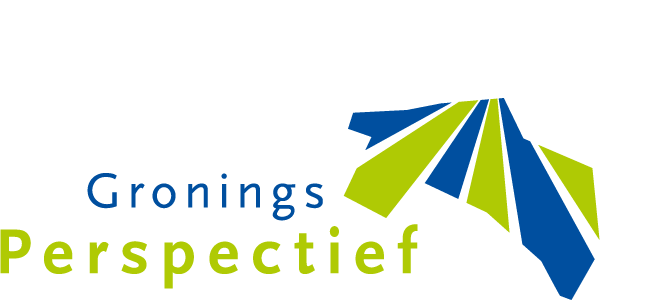Beving van Westerwijtwerd had impact in de wijde omgeving
De aardbeving van Westerwijtwerd op 22 mei 2019 werd in de gemeenten Loppersum, het Hogeland en Groningen door een grote meerderheid van de bevolking gevoeld. Vrijwel niemand had direct na de beving acute hulp nodig. Wel stelt men kort na de beving prijs op betere communicatie over de beving en over de gevolgen. Ook wil men graag een directe schadeafhandeling. Dit concluderen prof. dr. Tom Postmes en dr. Katherine Stroebe van de Rijksuniversiteit Groningen op basis van hun onderzoek in opdracht van Nationaal Coördinator Groningen.
De dag na de aardbeving van Westerwijtwerd werden respondenten van het Gronings Perspectief panel benaderd. In totaal vulden 4.803 personen de vragenlijst in, meestal binnen een of twee dagen. De resultaten geven daardoor een goed beeld van de eerste reacties op de beving.
Dichtbij het epicentrum in Westerwijtwerd (gemeente Loppersum) werd de beving sterk gevoeld. In de gemeente Loppersum zelf werd meer dan de helft van de bewoners er wakker door. Onder bewoners die wakker waren voelde 85% de aardschok. In de gemeenten Groningen en het Hogeland werd ongeveer een derde van de bewoners wakker geschud. Zo'n 70% van de bewoners die wakker waren, voelde de beving. Als bewoners de beving voelden, is hun veiligheidsbeleving slechter.
Behoeftes van bewoners
Vooral bewoners die al schade aan hun woning hadden en bewoners die de beving voelden, hebben direct na de beving behoeftes. Een aantal zaken zou direct na een beving anders geregeld kunnen worden. Zo noemt men de noodzaak om beter te communiceren over de beving en de gevolgen ervan voor bewoners. Bewoners willen ook meer handelingsperspectief: hoe herken je schade en hoe meld je die?
Een andere behoefte is dat schade direct wordt verholpen, zodra deze optreedt. Bewoners willen dat een deskundige snel een kijkje komt nemen of er schade is en of de woning veilig is. Ook hebben mensen na de schok de behoefte om hun verhaal te doen en hun hart te luchten. Sommige dorpen organiseerden een bijeenkomst om dit mogelijk te maken.
Aanbevelingen
De communicatie met bewoners direct na een aardbeving kan nog beter. De onderzoekers adviseren de instanties die op dit moment betrokken zijn bij de veiligheid om onderling af te spreken hoe bewoners goed en volledig geïnformeerd worden en bij wie bewoners terecht kunnen met vragen. De instanties zijn in ieder geval de Veiligheidsregio Groningen, gemeenten, KNMI, de Tijdelijke Commissie Mijnbouwschade Groningen en het Staatstoezicht op de Mijnen. Goede persoonlijke bejegening is van belang: mensen willen hun verhaal doen en ze willen gehoord worden.
Een tweede aanbeveling is om direct na een beving de schade en veiligheid van woningen te inspecteren. Zo'n voorziening is er nu enkel voor mensen die denken dat hun woning acuut onveilig is. Het zou goed zijn om alle woningen van mensen die onzeker zijn over hun fysieke veiligheid zo snel mogelijk te inspecteren.
Over Gronings Perspectief
Gronings Perspectief is een samenwerking tussen de Rijksuniversiteit Groningen, de GGD Groningen en het Sociaal Planbureau Groningen. De onderzoekers worden bijgestaan door een begeleidingscommissie met gemeenten, GGD, Groninger Bodembeweging, Groninger Gasberaad, Nationaal Coördinator Groningen, de provincie Groningen, de Veiligheidsregio, Vereniging Groninger Dorpen en wetenschappelijke experts.
Het team van dr. Stroebe en prof. dr. Postmes onderzoekt sinds 2016 gezondheid, veiligheidsgevoel en toekomstperspectief van inwoners van alle gemeenten in het gaswinningsgebied, in opdracht van de Nationaal Coördinator Groningen. Een panel Groningers vult periodiek een vragenlijst in over veiligheid, gezondheid en toekomstperspectief. De bevindingen van Gronings Perspectief worden gepubliceerd op de site groningsperspectief.nl.

Meer nieuws
-
20 januari 2026
Alcohol, appen en e-bikes
-
13 januari 2026
Lonneke Lenferink nieuw lid van De Jonge Akademie
-
08 december 2025
Burgerparticipatie onmisbaar voor een duurzame energietoekomst
